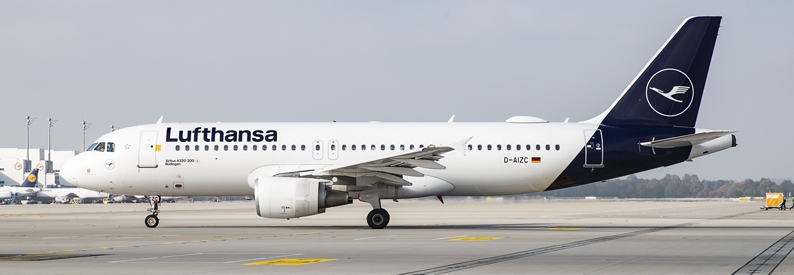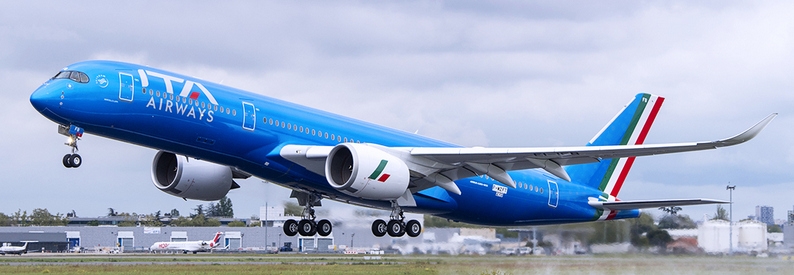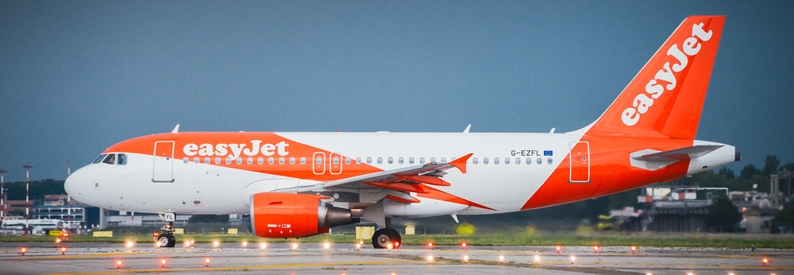The European Union has approved further measures to contain the coronavirus outbreak, including the suspension of almost all incoming travel to the 27-member bloc for the next 30 days.
The countries’ leaders approved the measures during a video conference on March 17. The travel ban will prevent all non-EU nationals from visiting the bloc, except long-term residents, family members of EU nationals and diplomats, cross-border and healthcare workers, and people transporting goods.
“To limit the spread of the virus globally, we agreed to reinforce our external borders by applying a coordinated temporary restriction of non-essential travel to the EU for a period of 30 days, based on the approach proposed by the Commission,” said the president of the European Council, Charles Michel.
The EU will install “green lanes” in which priority is given to essential transport such as medical goods, perishable goods, food, and emergency services.
The move covers 30 European countries - all EU member states except Ireland but including the four non-EU countries that are part of the Schengen border-free area, Iceland, Liechtenstein, Norway, and Switzerland.
When presenting the measures together with Michel, the president of the European Commission, Ursula von der Leyen, gave no details on how Ireland would apply the guidelines regarding an external border shutdown. UK citizens, although in a transitional period of leaving the EU, will not be subject to the entry ban.
At least 12 EU states had already unilaterally closed their borders to foreign nationals or have partially closed their borders to one country or multiple neighbouring countries - Austria, Cyprus, Czechia, Denmark, Estonia, Germany, Hungary, Latvia, Poland, Slovenia, Slovakia, and Spain, according to media reports. The Greek government had announced a two-week quarantine for all incoming visitors.
US President Donald Trump announced similar inbound travel restrictions last week.







